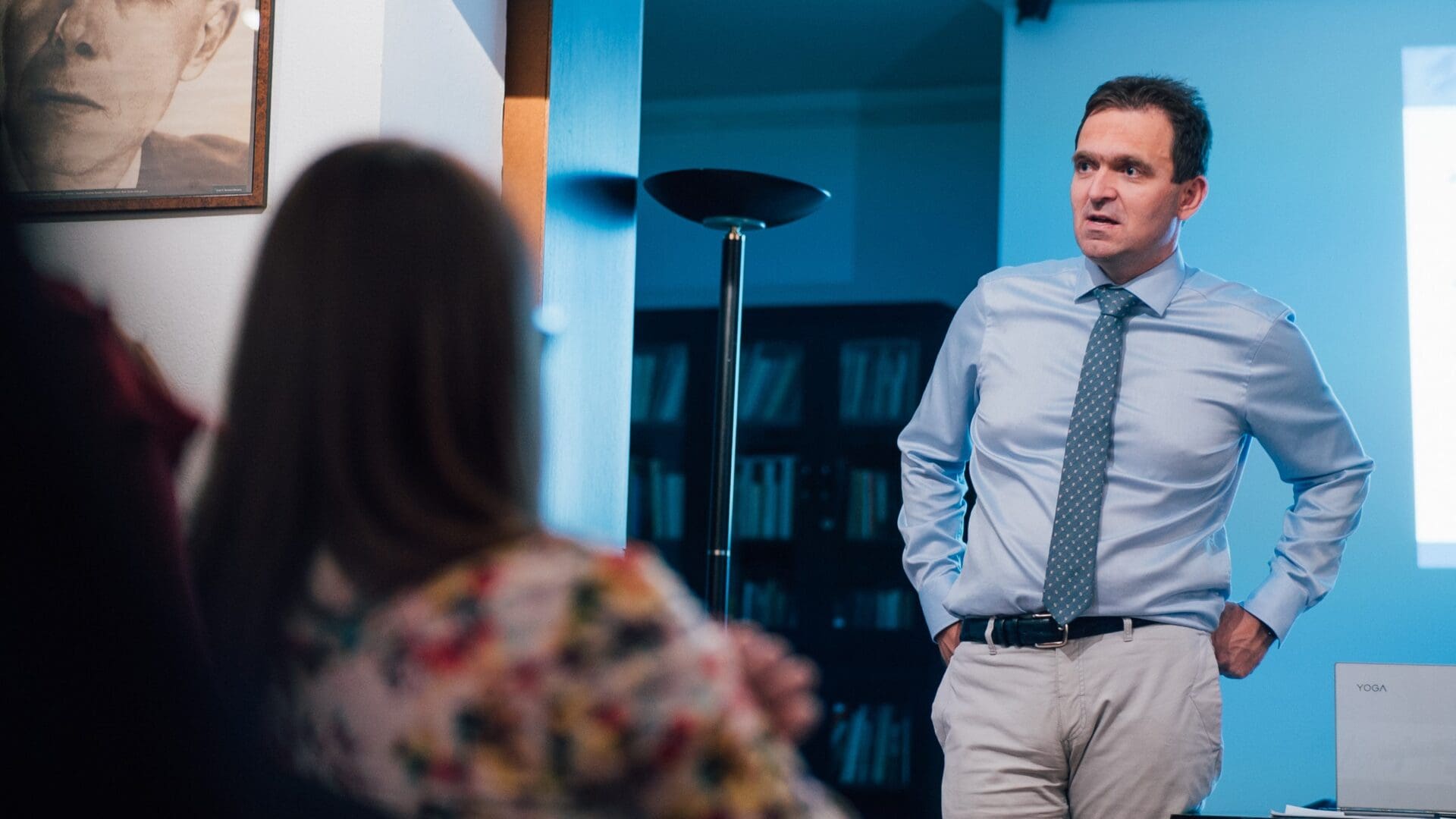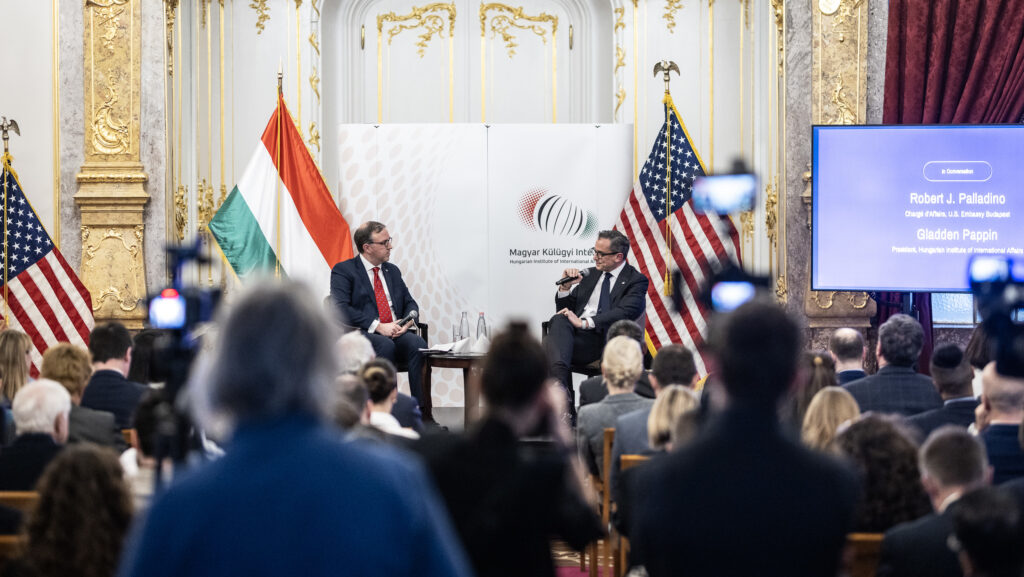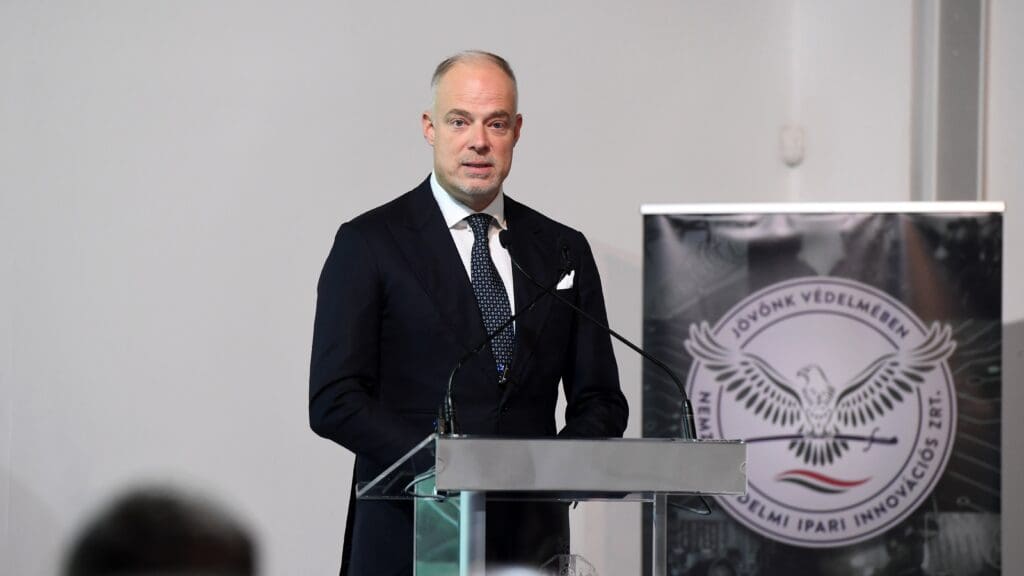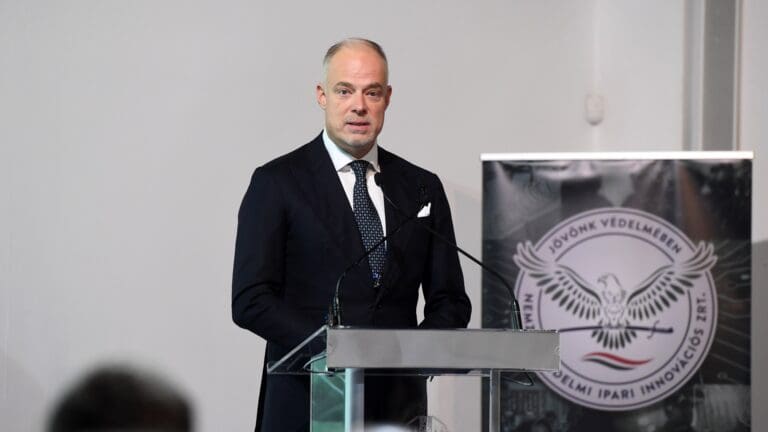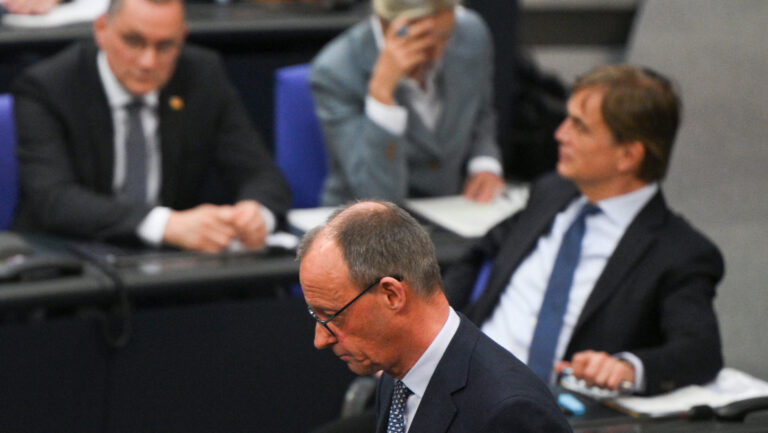According to an announcement by Slovak President Zuzana Čaputová on Sunday afternoon, Slovakia’s management will be entrusted to an expert government until the early elections, with Vice President of the Slovak National Bank, Lajos Ódor appointed as interim prime minister. It is expected that the expert government’s other members will be appointed during the week starting 15 May.
Exiting Slovak Prime Minister Eduard Heger announced to President Zuzana Čaputová his intention to resign last week. He justified his decision by stating that the President had not accepted any of his proposals to tackle the political crisis, which he claimed would have offered a betters solution than appointing an expert government. The acting Slovak Prime Minister announced his decision after two ministers of his cabinet had already handed in their resignations on Thursday and Friday respectively. After his government lost a vote of no confidence in parliament, Eduard Heger has been serving as the acting Prime Minister since December last year.
In his extraordinary televised speech on Thursday, 4 May, Heger emphasised that the acting government must remain in place until the September elections to avoid instability. However, in an apparent change of heart on Sunday, the PM stated that he wanted to give the President the opportunity to appoint an expert government to preserve the country’s stability until the early elections in September. According to Slovak laws in force, the appointment of an expert government in Slovakia can be made by the President of the Republic, who temporarily assumes some of the government’s powers in such cases.
To recapitulate the events: last Thursday, the acting Slovak Minister of Agriculture, Samuel Vlčan, handed in his resignation, citing the state subsidy issue affecting his family business which has recently been made public. On Friday, Rastislav Káčer, the Minister of Foreign Affairs, requested the President to be relieved of his duties, without providing an official justification. Hungarian conservative media pointed out that Káčer was a ferociously anti-Hungarian minister, who regularly made statements that offended the Hungarian ethnic minority living in the country and were strongly critical of the Orbán administration.
According to Slovakian Hungarian-language website Új Szó’s information, Slovak President Zuzana Čaputová officially announced on Sunday afternoon that she would entrust the management of the country to a technocratic government until the early elections, following a meeting with Speaker of Parliament Boris Kollár and outgoing Prime Minister Eduard Heger.
The technocratic government will be led by Lajos Ódor, the ethnic Hungarian Vice President of the Slovak National Bank.
The President will first inform the leaders of political parties about who will lead the individual ministries in the new government, and then inform the public in the coming days.
The President stated that the team of the technocratic government is ready for tis task, as there have been scenarios prepared for the eventuality of a civil service cabinet. She stressed that she has chosen individuals who are experts, and will not run in the September parliamentary elections. All this is to ensure that no political party gains an advantage during the campaign, she noted.

